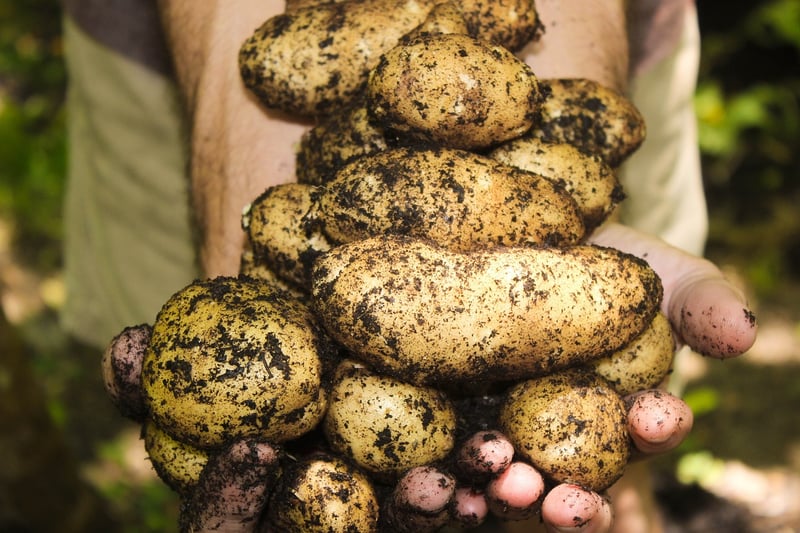Fertilizing Advice
Maintain Healthy Plants with Proper Fertilizing Techniques
Having lush, vibrant plants is a goal for many gardeners and plant enthusiasts. One key aspect of achieving this is through proper fertilizing. By providing your plants with the necessary nutrients, you can ensure their growth and overall health. Here are some essential tips to help you maintain healthy plants through effective fertilizing:
1. Understand Your Plants' Needs
Before fertilizing your plants, it's crucial to understand their specific nutrient requirements. Different plants have varying needs when it comes to fertilization. Some may require more nitrogen for leafy growth, while others might need phosphorus for flower development. Make sure to research and identify the right type of fertilizer for your plants.
2. Use the Right Fertilizer
There are various types of fertilizers available, such as organic and synthetic options. Organic fertilizers are derived from natural sources and are great for improving soil structure over time. On the other hand, synthetic fertilizers provide a quick nutrient boost to plants. Choose a fertilizer that suits your plants' needs and your gardening preferences.
3. Follow Fertilizer Application Guidelines
It's essential to follow the recommended guidelines for fertilizing your plants. Over-fertilizing can lead to nutrient imbalances and harm your plants, while under-fertilizing may result in stunted growth. Always read the instructions on the fertilizer package and apply the appropriate amount to avoid any adverse effects.
4. Timing Is Key
Knowing when to fertilize your plants is crucial for their overall health. In general, it's best to fertilize during the growing season when plants are actively growing and can make the most of the nutrients. Avoid fertilizing during dormant periods, as plants may not be able to absorb the nutrients effectively.
5. Monitor Your Plants' Progress
Regularly monitor your plants for any signs of nutrient deficiencies or excesses. Yellowing leaves, stunted growth, or leaf burn could indicate a problem with fertilization. Adjust your fertilizing routine accordingly to address any issues and ensure your plants remain healthy.
By following these tips and staying attentive to your plants' needs, you can maintain healthy and thriving plants in your garden or indoor space. Proper fertilizing techniques play a significant role in the overall well-being of your plants, so be sure to give them the care they deserve.

For more information on plant care and gardening tips, visit GardeningWebsite.com.
